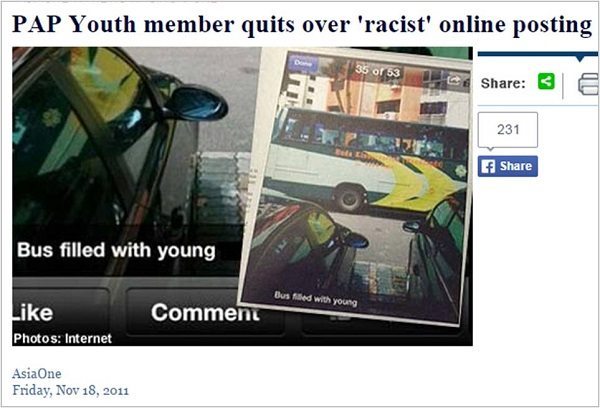The compensation amount that Malaysia is bound to pay Singapore as a result of the termination of the Kuala Lumpur-Singapore High-Speed Rail (HSR) project cannot be revealed due to a confidentiality clause in the bilateral agreement, said Singapore’s Transport Minister Ong Ye Kung in Parliament on Monday (4 January).
On 1 January, the leaders of both countries—Singapore Prime Minister Lee Hsien Loong and Malaysia Prime Minister Muhyiddin Yassin—said in a joint statement that the HSR project would be discontinued, following the lapse of an agreement on the project on 31 December.
According to the statement, the Malaysian government had proposed several amendments to the project, in light of the effect of the global pandemic on the country’s economy.
Both countries failed to reach an agreement despite holding several discussions regarding the changes.
Mr Ong noted that one of Malaysia’s suggestions — the “main concern” which led to the project termination — was to remove the assets company.
He explained in Parliament on Monday that a joint tender was called for an assets company for the project to ensure the interests of both nations were protected and to minimise possible future disputes.
Given that neither Singapore nor Malaysia has experience with running a high-speed rail line, it was agreed that a “best-in-class industry player” would be appointed to be the assets company through an “open and international tender”.
The company would be tasked with supplying the train system as well as operating the network, being accountable to both sides of the border.
However, Mr Ong described Malaysia’s proposal to remove the assets company as a “fundamental departure” from the bilateral agreement between the two countries which Singapore could not accept.
As such, Malaysia allowed the agreement to be terminated, he said.
Mr Ong said that the compensation Malaysia is liable to pay Singapore in relation to the project will include various abortive costs but not land costs as the latter can be recovered.
“In addition, there is a small component of miscellaneous abortive costs for the suspension of the project requested by Malaysia that Singapore is currently verifying before we send to Malaysia.
“Due to Singapore’s confidentiality obligations under the HSR Bilateral Agreement, we are unable to reveal the exact terms in relation to the compensation for the termination of the HSR Project,” he said.
Even so, Mr Ong mentioned that the expenditure for the project so far is slightly over S$279 million.
Separately, Malaysia’s Minister in the Prime Minister’s Department (Economy) Mustapa Mohamed in a Facebook post today said that the COVID-19 pandemic has forced the Malaysian government to re-evaluate the HSR project which it was initially keen on.
“We are waiting for the cost details from Singapore, and once received, it will be scrutinised before we confirm them. The types of claims made have already been agreed upon,” Mr Mustapa said on matters of compensation.
“However, the amount of compensation cannot be disclosed, because under the Bilateral Agreement, both countries are bounded by a confidentiality clause,” he said, adding that he and his team “will discuss with Singapore to share information on the amount of compensation after it is finalised”.
On the termination of the project itself, Mr Mustapa said: “This pandemic has posed a huge challenge to the health and economic sectors like we have never encountered.”
“No one could have anticipated this pandemic and its devastating impact on the Malaysian economy and around the world. This situation has forced the government to re-evaluate the HSR project,” he wrote.
He also explained that some of the changes proposed by the Malaysian government were a new structure for the HSR, which is used widely in Europe, Japan, and South Korea.
Such a structure would give the Malaysian government more flexibility in funding the project and remove the requirement of giving a guarantee of RM60 billion over 30 years.
Other suggestions include changing the stations’ designs to be more cost-saving — changes that would more effectively integrate the HSR into Malaysia’s existing rail network — and starting the project two years ahead of schedule.
Despite failing to reach an agreement on the project, Mr Mustapa stressed that discussions remained amicable and that both countries will continue to work closely to strengthen cross-border travels for the mutual benefit of Singapore and Malaysia.


